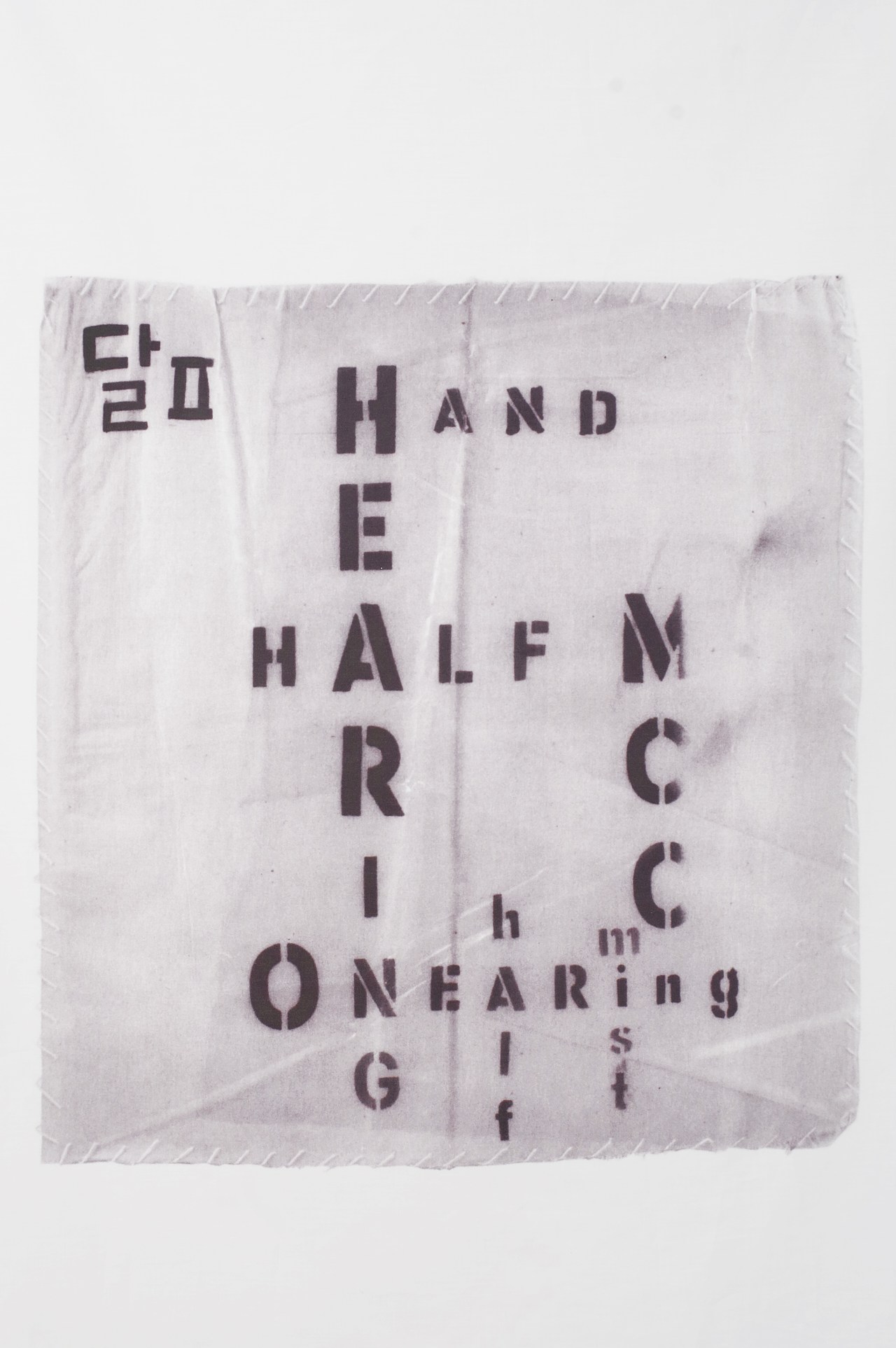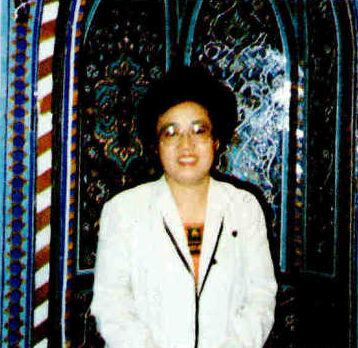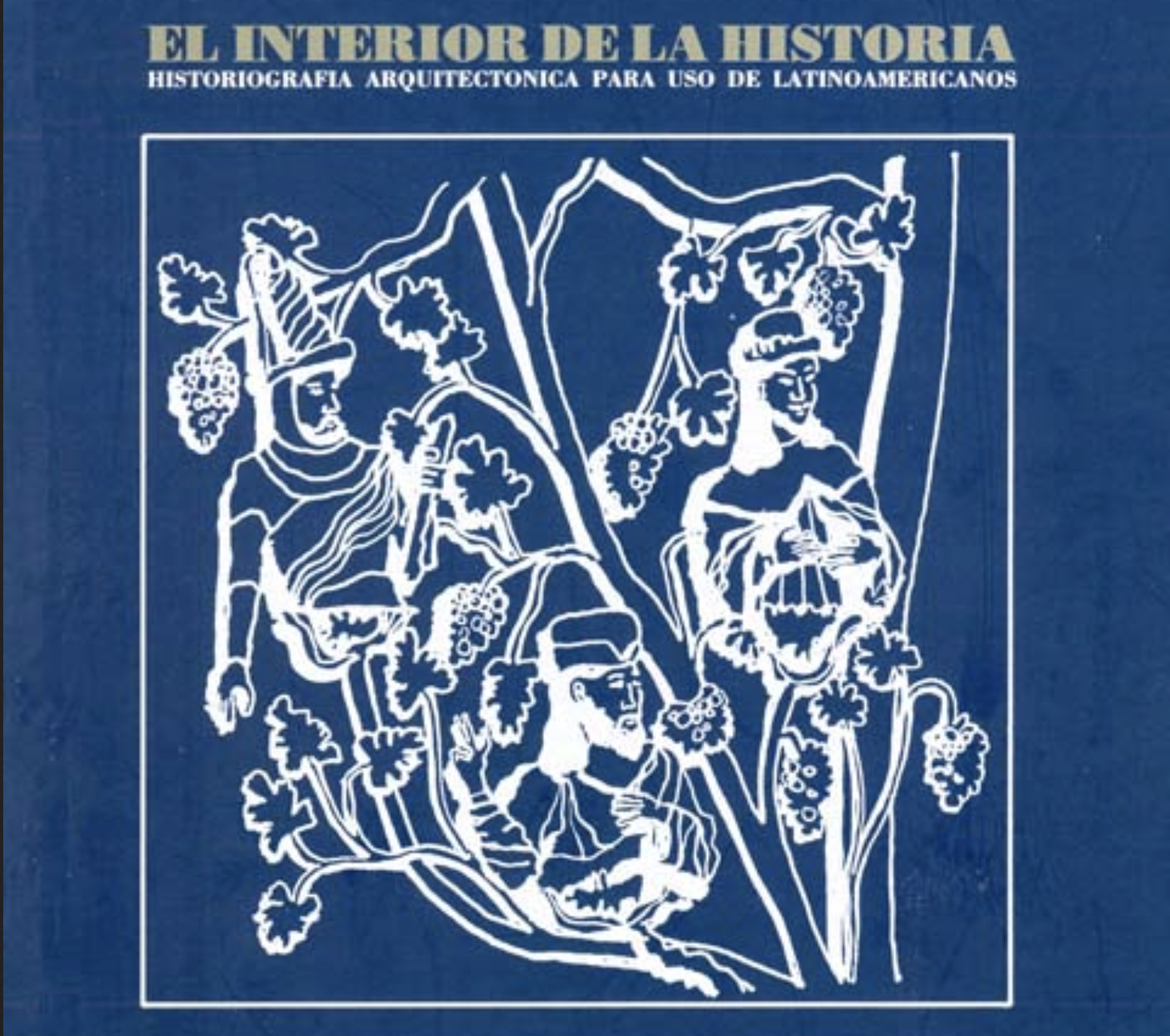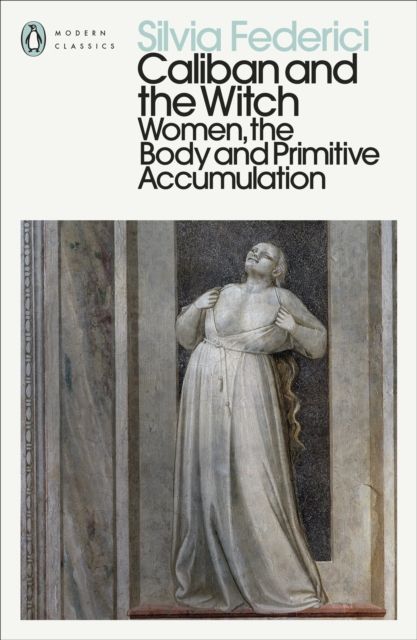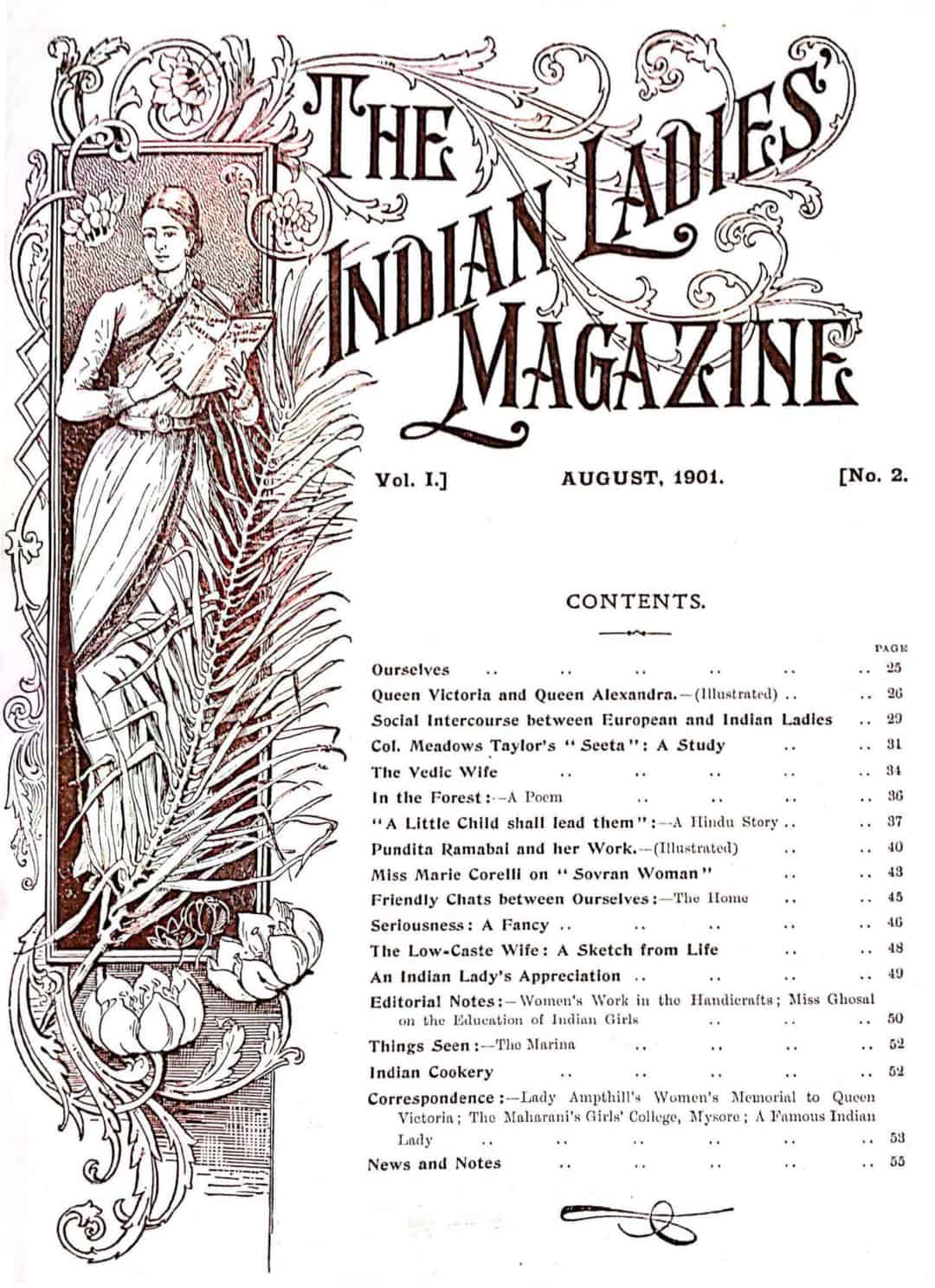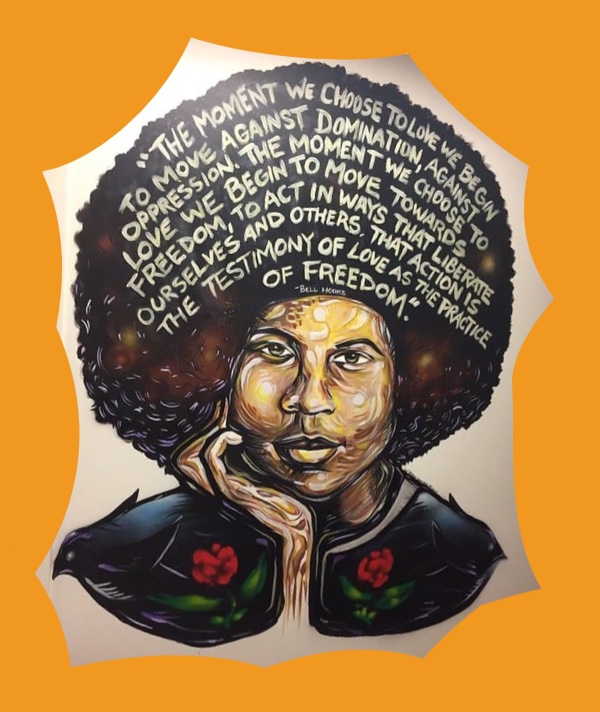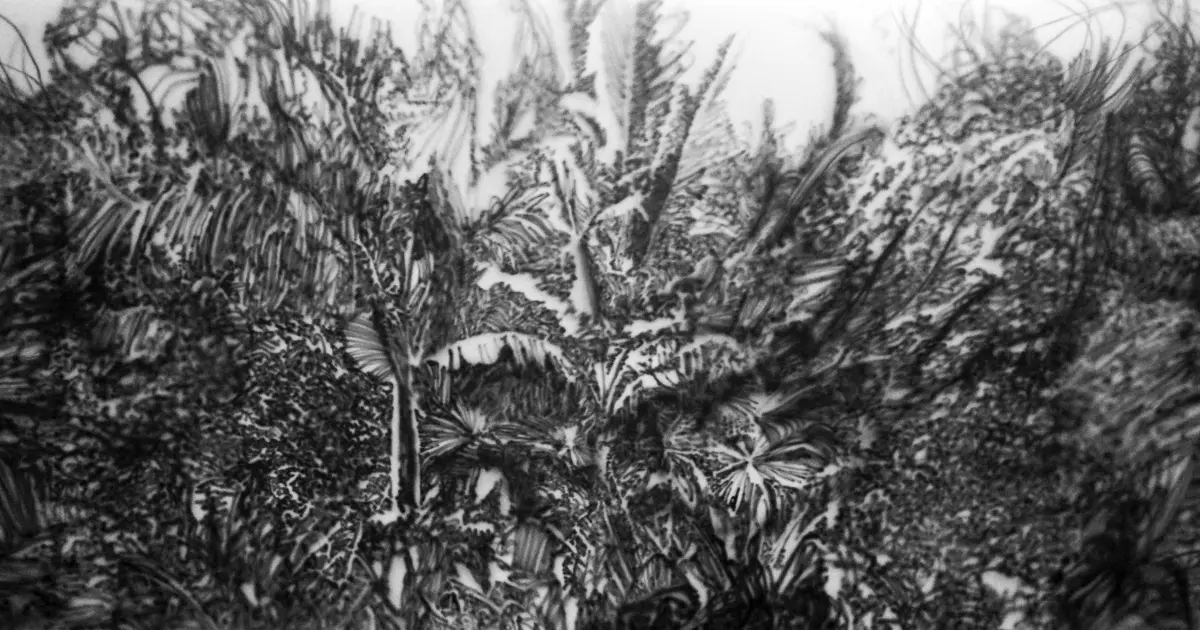Sisterhood and After: An Oral History of the UK Women’s Liberation Movement, 1968–present
Speaking of Buildings: Oral History in Architectural Research
Amy Perkins on Speaking of Buildings
My interest in alternative sources for constructing architectural historiographies came about through multiple various conversations. Jane Hall spoke about how and why documents are preserved during the Parity Talks V in relation to her own experience with Lina Bo Bardi’s archive. Helen Thomas recommended that I look at Janina Gosseye’s research, which has since led […]





